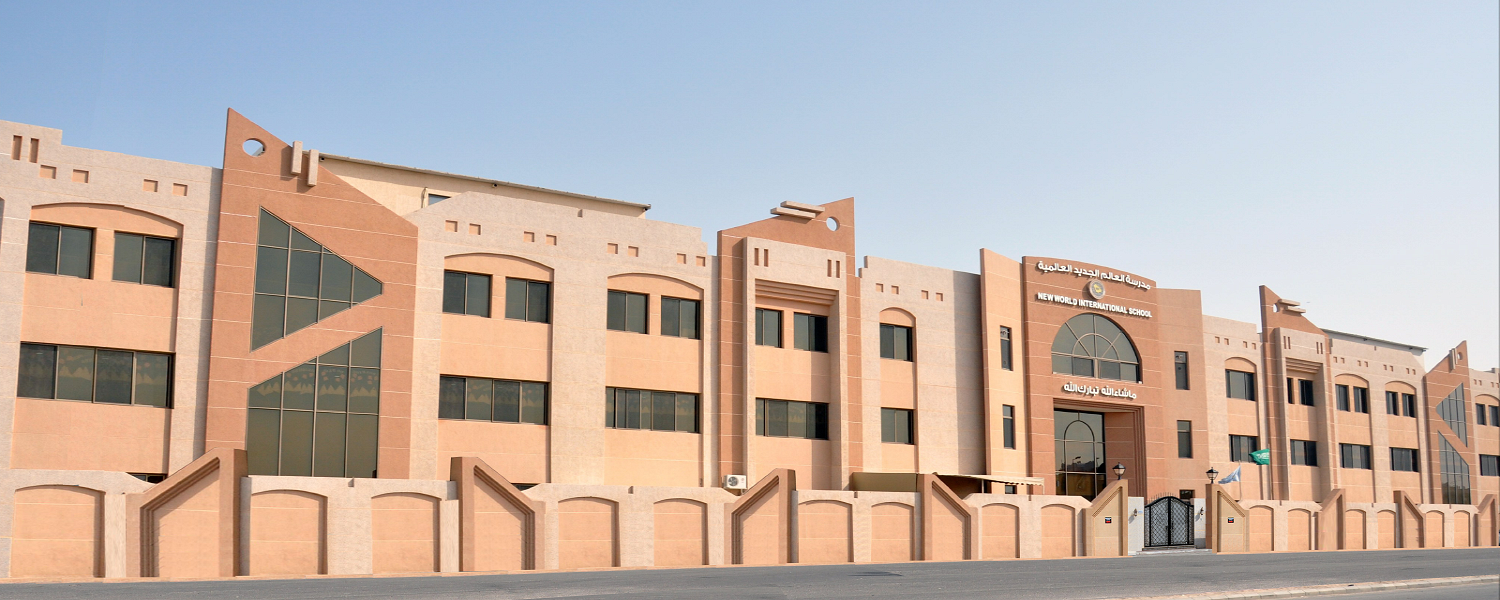The email arrives on a Tuesday morning: "We'd like to offer you a teaching position at our international school in Dubai. Are you interested?" Your heart races as you stare at the screen. Teaching in the Middle East—it's an opportunity you've considered but never quite taken seriously. Until now.
If you're like many educators, the Middle East represents both incredible opportunity and complete uncertainty. The stories you hear range from career-defining experiences to cautionary tales, often from the same conversation. So what's the real story? What do you actually need to know before packing your life into boxes and heading to a region that could transform your teaching career?
Beyond the Headlines: The Real Middle East Teaching Landscape
Let's start with what you won't find in most articles about teaching abroad: the Middle East isn't a monolith. Teaching in Qatar looks vastly different from teaching in Jordan. A position at an American international school in Kuwait will have different requirements and experiences than working at a local private school in Oman.
The region spans countries with different economic situations, cultural norms, and educational priorities. What unites them is a significant investment in education and a genuine need for qualified international teachers. Many Middle Eastern countries have made education a cornerstone of their national development strategies, creating opportunities that simply don't exist elsewhere.
Take Sarah Chen, who moved from a public school in Ohio to teach at an international school in Abu Dhabi three years ago. "I expected culture shock," she says, "but what I didn't expect was how supported I'd feel professionally. The resources here, the small class sizes, the emphasis on professional development—it's allowed me to become the teacher I always wanted to be."
The Financial Reality: More Than Just Tax-Free Salaries
Yes, many Middle Eastern countries offer tax-free salaries, and yes, that can significantly impact your take-home pay. But the financial picture is more nuanced than the headlines suggest.
Housing is often provided or subsidized, which can represent substantial savings. Many packages include annual flights home, health insurance, and even car allowances. However, the cost of living varies dramatically by location. Dubai and Doha are expensive cities where entertainment, dining out, and imported goods carry premium prices. Meanwhile, cities like Amman or Muscat might offer a more affordable lifestyle.
The key is understanding the complete package. Don't just look at the salary figure—examine housing quality, transportation options, healthcare coverage, and professional development opportunities. Some schools offer excellent packages that extend far beyond monetary compensation, including things like tuition assistance if you have children or conference attendance budgets.
Savings potential is real but requires planning. Many teachers do save significant amounts, but it requires being intentional about lifestyle choices. The opportunity to travel regionally is incredible, but weekend trips to Istanbul or Morocco add up quickly.
Cultural Navigation: Respect, Understanding, and Common Sense
Here's what many articles get wrong about cultural considerations: they focus so heavily on restrictions that they miss the richness of the experience. Yes, there are cultural norms to respect, but these aren't barriers to overcome—they're opportunities to grow as a global citizen.
Dress codes vary significantly by country and institution. Some schools have Western-style dress expectations, while others require more conservative attire. The key is asking specific questions during the interview process and understanding that these requirements are about respect, not restriction.
Religious considerations are part of daily life, but they're rarely intrusive for teachers. You'll likely experience Ramadan, which can be a beautiful time of community and reflection. Most schools adjust schedules during this period, and non-Muslim teachers often find it a meaningful cultural learning experience.
Social interactions follow local customs, but international communities are typically diverse and welcoming. Many cities have active expat communities where you'll find colleagues from dozens of countries, creating rich social and professional networks.
The most successful teachers approach cultural differences with curiosity rather than anxiety. They ask questions, observe social cues, and recognize that adaptation is a two-way street. Local colleagues and students often become some of the best cultural guides and lifelong friends.
Professional Growth: Opportunities You Won't Find Elsewhere
This is where teaching in the Middle East truly shines. Many countries in the region are investing heavily in educational innovation, creating opportunities for professional growth that can be hard to find elsewhere.
Leadership development often happens faster in international schools. Smaller expatriate teaching communities mean opportunities for department heads, curriculum coordinators, and administrative roles often arise more quickly than they might at home.
Professional development budgets are frequently generous. Schools understand they need to invest in teacher growth to retain quality staff. Conference attendance, advanced degree support, and specialized training opportunities are common benefits.
Curriculum innovation is welcomed and often encouraged. Many schools are implementing cutting-edge educational approaches, from project-based learning to technology integration. You might find yourself piloting programs that won't reach other schools for years.
International networking happens naturally. The global nature of international school communities means building professional relationships with educators from around the world, connections that often last well beyond any single teaching assignment.
The Challenges: What They Don't Put in the Brochures
Let's be honest about the difficulties, because understanding them upfront helps you prepare and succeed.
Bureaucracy can be frustrating. Visa processes, residency requirements, and official documentation often take longer than expected. Banking, housing contracts, and even getting a local phone plan can involve more steps than you're used to. Patience becomes essential.
Distance from home affects everyone differently. Video calls help, but missing family events, dealing with emergencies from afar, and the general isolation can be challenging. Some teachers thrive on the independence, while others struggle with the separation.
Professional isolation can occur, especially if you're the only teacher in your subject area or grade level. The colleague next door who you'd normally bounce ideas off might not exist, requiring you to be more self-reliant professionally.
Contract terms are typically longer than domestic positions. Two-year minimum commitments are common, and breaking contracts can have financial and professional consequences. Make sure you're genuinely ready for the commitment before signing.
Practical Preparations: Beyond Packing Lists
Research specific requirements for your target country. Teaching license recognition varies significantly between countries. Some require authentication and translation of all your documents, a process that can take months.
Financial preparation goes beyond saving for the move. Understand how you'll access your money internationally, what banking options exist, and how you'll handle taxes in your home country if required.
Professional documentation should be organized and authenticated before you leave. This includes transcripts, teaching licenses, letters of recommendation, and sometimes even FBI background checks. Start this process early.
Medical considerations include understanding healthcare systems, getting required vaccinations, and ensuring you have adequate prescription medications if needed. Many countries have excellent healthcare, but systems work differently than what you might be used to.
Making the Decision: Questions to Ask Yourself
Before you start imagining yourself teaching against the backdrop of desert sunsets or gleaming city skylines, honestly assess your readiness:
Are you genuinely excited about cultural immersion? Teaching internationally isn't just about advancing your career—it's about living in a different culture. If that prospect excites rather than worries you, you're starting from the right place.
How do you handle uncertainty and change? International teaching involves constant adaptation. From figuring out local transportation to navigating new educational systems, flexibility is essential.
What are your long-term goals? Some teachers use Middle East positions as stepping stones to other international opportunities. Others find their permanent homes there. Understanding your bigger picture helps you make better decisions about specific opportunities.
Are you prepared for the commitment? Two years feels different when you're living it than when you're signing a contract. Make sure you're ready for the full experience, not just the adventure of moving abroad.
The Unexpected Rewards
Ask any teacher who's spent time in the Middle East about unexpected benefits, and you'll hear stories you didn't anticipate. There's the student from Syria who taught you more about resilience than any professional development workshop. The colleague from New Zealand who became a lifelong friend. The weekend trip to Petra that reminded you why you wanted to see the world in the first place.
Many teachers talk about gaining perspective on their home countries and educational systems. Living abroad often provides clarity about what you value professionally and personally. Some return home with renewed appreciation for familiar systems, while others find themselves permanently changed by international perspectives.
The professional confidence that comes from successfully navigating a completely different educational system is substantial. You learn to adapt curriculum for diverse student populations, work with colleagues from different educational backgrounds, and solve problems with limited familiar resources.
Personal growth happens almost inevitably. Whether it's learning basic Arabic phrases, understanding different approaches to hospitality, or simply proving to yourself that you can build a life anywhere, the experience changes most people in positive ways.
Looking Forward: Is It Right for You?
Teaching in the Middle East isn't for everyone, and that's perfectly fine. It requires openness to change, respect for different ways of living, and genuine interest in international education. But for teachers who are ready for the challenge, it can offer professional and personal opportunities that are hard to find elsewhere.
The region's continued investment in education means opportunities will likely continue growing. Countries like Saudi Arabia and the UAE are rapidly expanding their international school sectors, while places like Qatar continue developing educational infrastructure.
If you're considering the leap, start by connecting with teachers currently working in your target countries. Join online forums, attend international teaching fairs, and ask specific questions about daily life, not just contract terms. The more you understand the reality rather than the assumptions, the better prepared you'll be to make an informed decision.
The Middle East might not be the career move for every teacher, but for those who embrace the opportunity, it often becomes one of the most transformative experiences of their professional lives. Whether you stay for two years or two decades, the experience of teaching in this dynamic, complex, and rapidly evolving region can reshape not just your career, but your entire perspective on education and the world.
The question isn't whether teaching in the Middle East is right for teachers in general—it's whether it's right for you.
Considering international teaching opportunities? What questions do you have about teaching abroad? Share your thoughts in the comments




Leave a Comment